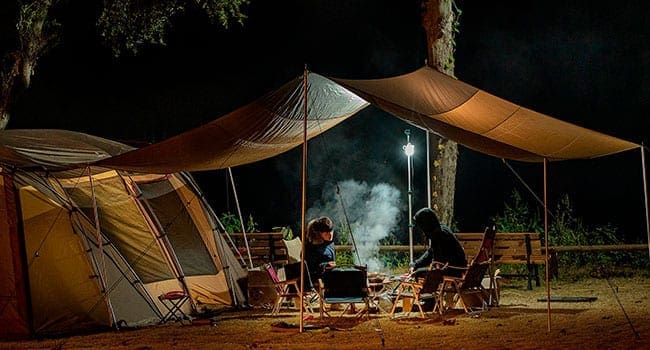Most springs, Canadians are overjoyed just to hear the words “sun” and “temperatures in the pluses.” But this year, they’ve been supplanted by one simple phrase: “We’re flattening the curve.”
We are feeling cautious optimism that the very worst of the COVID-19 threat has passed, and that our country is beginning to gain some ground on this wildfire of a pandemic. That said, most of us also know there is a very long road ahead before we can start to resume some of the activities that we used to take for granted before this once-in-a-lifetime disaster swept over us.
Some of us, however, are starting to wonder whether it is time to resume a few simple activities that would be good both for our minds and our bodies.
I thought of this as I enjoyed a bicycle ride in the wide-open spaces of southern Alberta with a handful of friends a few days ago. To be sure, it was a different experience than years before; there were no handshakes or high-fives as we conquered a grinding hill. We all brought our own snacks, didn’t share a thing, and did our best to follow the two-metre distance rule.
Technically, we were not following the best-practice advice of Calgary’s mayor Naheed Nenshi, who last week told citizens that they shouldn’t even leave their neighbourhoods. But I have to think that what we did was smarter than staying holed up in our homes.
There has been a lot of talk about our physical health during this pandemic, and for obvious reasons. There has been less talk about our mental health. Endless days of solitary confinement in our homes – or worse, tiny high-rise condos – is not good for anyone. We need to get outdoors, and do a few simple, joyful things.
Some people may think that British Columbia is being reckless by allowing golf courses to reopen, and, it’s true, if they operated the way they did pre-pandemic, it could trigger a new wave of infections. Instead, however, clubhouses and pro shops remain closed, golf carts are banned in favour of walk-only, sanitation is constant, and golfers are reminded to maintain safe distances from their partners.
If golfers follow these few sensible rules, then the risk of infection is very low indeed.
There are other things we could also resume if people are willing to act responsibly. Consider camping, for example. Canada’s national parks and most provincial parks have their campgrounds closed indefinitely. Yet, they are not inherently dangerous: Campsites are located a safe distance apart, and facilities could be regularly sanitized or adapted to ensure transactions and basic activities are contactless.
City parks and even beaches could also be opened to the public – if people would only use their heads and maintain safe distances.
And there’s the rub.
When Florida and California recently opened their beaches, reckless citizens flouted the rules and cozied up together as if nothing unusual in the world was going on. Sadly, such alarming behaviour only proves that we can’t count on everyone to use common sense.
So, there’s the challenge: What do authorities need to do to ensure the resumption of some outdoor activity doesn’t lead to a second wave of infection? There’s been no shortage of public education on both the risks of contracting COVID-19 and on how we can cut those risks to a minimum. And yet, as last weekend’s lineup of unmasked shoppers at my local Canadian Tire testifies, a lot of people are blithely maintaining a shocking level of ignorance.
It appears the only solution is aggressive enforcement. If we were to open up Canada’s campgrounds, for example, it would almost certainly require a new contingent of campground cops who would constantly monitor sites to ensure citizens are sticking to the rules. Students who have seen summer jobs evaporate would be ideal for this role.
Who would pay for this? I’d happily add a $10/day premium on to my camping fees, if doing so would mean my family could get back out there without the fear that doing so would put anyone in peril.
It’s time to find responsible ways to do some of the simple things that bring some pleasure to our day-to-day lives. Yet we have to recognize that extraordinary times require extraordinary measures.
For the sake of our mental and physical health, we should find creative ways to enjoy some respite from our domestic prisons.
Veteran political commentator Doug Firby is president of Troy Media Digital Solutions and publisher of Troy Media.
The views, opinions and positions expressed by columnists and contributors are the author’s alone. They do not inherently or expressly reflect the views, opinions and/or positions of our publication.



